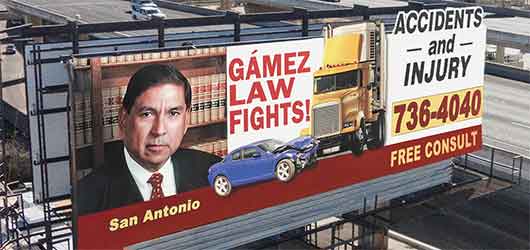When you think of the specific threats that compromise the safety and well-being of Texas drivers, distracted driving and drunk driving probably come to mind. While these two negligent behaviors are incredibly dangerous, there is growing evidence that drowsy driving could also be one the leading risks to motorist safety.
Everyone who is old enough to drive has probably gotten behind the wheel while sleepy. It’s normal to feel tired at the end of the long work day or while driving to work first thing in the morning, but there is a significant difference between being a little tired and being drowsy to the point that you are unable to operate a motor vehicle safely.
The big deal about tired drivers
One of the most complicated things about detecting and curtailing drowsy driving is that there is no way to know how tired a person truly is. Most people do not want to admit that they may be incapable of safe driving, and law enforcement lacks the training and tools to discern the signs of potential drowsy driving. It is also incredibly common, and tired drivers can cause as much damage as a person who is texting while driving or driving while drunk.
Drowsy driving is more common than you may think. According to the National Highway Traffic Safety Administration, approximately 100,000 car accidents related to driver fatigue occur every year. Consider the following facts about drowsy driving:
- Young adults and adults with small children are more likely to drive while drowsy.
- Shift workers and individuals who take certain medications could be at risk of driving while too tired.
- The amount of sleep deprivation directly correlates to the risk that a driver will be in an accident.
Drowsy driving is a problem that is not likely to go away anytime soon. However, people impacted by this type of negligent or reckless behavior would be wise to take quick action to protect their rights and hold liable parties accountable.
Your rights as an accident victim
No matter the cause of your accident, you have the right to explore the possibility of a civil claim. Like drunk drivers and distracted drivers, you have the right to pursue compensation for your pain, suffering and all accident-related financial losses.
While a personal injury claim cannot reverse what happened to you, it can help you rebuild, recover and move on after a serious accident.


